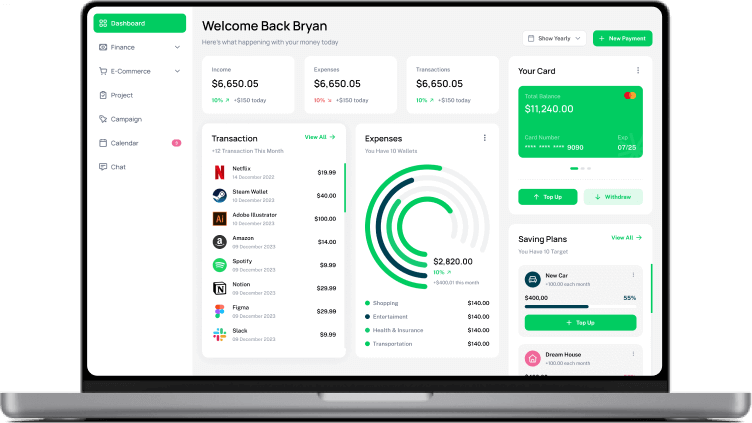Closed-Lost
Definition: “Closed-Lost” is a term used in sales to indicate that a potential deal with a prospect has concluded without a sale. This status is assigned when the prospect decides not to purchase the product or service after going through the sales process.
Understanding Closed-Lost
Closed-Lost is a critical metric in the sales cycle, highlighting opportunities that did not convert into sales. This outcome helps businesses analyze unsuccessful deals to refine future sales strategies. Here’s a closer look at Closed-Lost:
- Final Stage: This status represents the endpoint in the sales pipeline for deals that did not result in sales. It helps clean up and refine sales forecasts by removing these opportunities from the pipeline.
- Reasons for Loss: The reasons behind Closed-Lost can vary, including budget constraints, better offers from competitors, mismatches between product features and customer needs, or changes in customer priorities.
- Opportunity for Learning: Analyzing Closed-Lost deals provides insights into potential missteps and helps identify necessary adjustments in sales strategies.
Importance of Analyzing Closed-Lost
Understanding why deals are marked as Closed-Lost is vital for improving sales strategies:
- Improves Sales Tactics: By examining the reasons behind lost sales, companies can identify areas for improvement in their sales tactics, such as enhancing product demonstrations or adjusting pricing strategies.
- Enhances Customer Profiling: Analyzing Closed-Lost deals aids in better understanding customers’ pain points, leading to more targeted and effective sales pitches in the future.
- Helps in Resource Allocation: Insights from Closed-Lost deals assist in better allocating sales resources to opportunities with the highest potential for success.
Strategies to Handle Closed-Lost
To effectively manage Closed-Lost and leverage these insights for improvement, consider the following strategies:
- Regular Review: Regularly review Closed-Lost cases to understand the underlying reasons behind each lost deal and gather insights.
- Feedback Mechanism: Implement a robust feedback mechanism to gather detailed reasons from prospects about why they chose not to proceed with the purchase.
- Training and Development: Use insights from Closed-Lost analysis to train sales teams on how to better handle objections and refine their sales techniques.
- Maintain Relationships: Continue to nurture relationships with Closed-Lost prospects because their circumstances can change, making them potential customers in the future.
Real-World Example
A technology company noticed a high Closed-Lost rate due to the perceived complexity of their software. After analyzing these deals, they simplified their user interface and enhanced customer training. These changes led to a significant decrease in the Closed-Lost rate and an increase in customer acquisitions.

